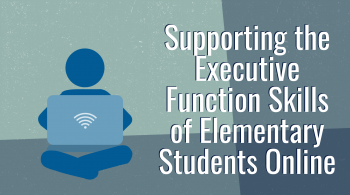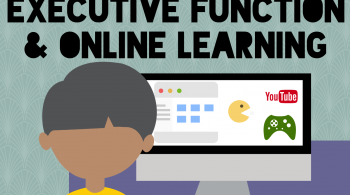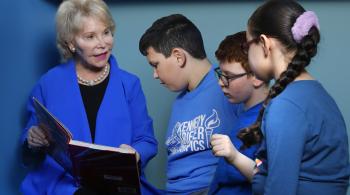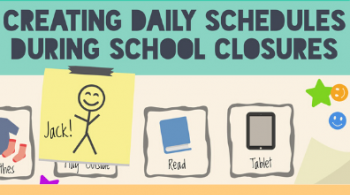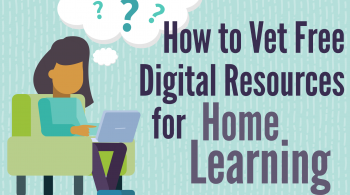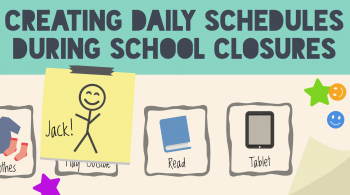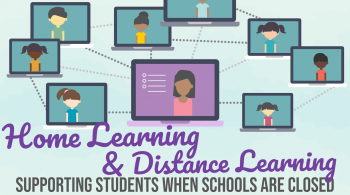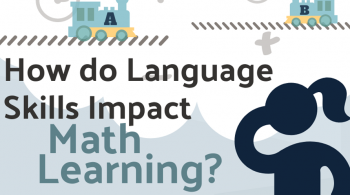March 15, 2016
At the Center for Innovation and Leadership in Special Education (CILSE), we recognize that many educators are preparing school and community activities for Autism Awareness Month in April, which is only a few weeks away! To help educators get ready, we’ve rounded up some digital resources to help teachers and their colleagues learn more about autism spectrum disorder (ASD) in general. Be on the lookout for our digital resource round-up post in April, when we will focus on resources to support educators teaching students with ASD.
Keeping Up with the Research:
Science doesn’t stand still, and researchers are always learning more about ASD. This TED talk by Dr. Wendy Chung quickly briefs you on some of the more up-to-date information about ASD.
The Center for Autism and Related Disorders (CARD) at Kennedy Krieger Institute has put together a series of videos demonstrating the differences between children with symptoms of ASD and typically-developing children. While most educators do not work with children this young, seeing the developmental differences in toddlers can help educators conceptualize the differences they observe in school-aged children.
Teaching Students with ASD Module:
Are you new to working with students with autism? Maybe you’re responsible for helping your colleagues meet the needs of students with ASD? Or, maybe you’d like some more information about educating students with ASD? The IRIS Center at Vanderbilt University has put together a quick overview module for educators to learn more about the early signs of ASD, as well as the difference between a medical diagnosis and an education determination of ASD.
Helping Students Understand ASD:
Forming and maintaining peer relationships can be very difficult for students with ASD. By helping all of your students understand what autism is and what it means for their fellow classmates, you can help create a classroom culture of understanding and support. Kidshealth.org has put together a series of Aautism awareness articles that you can access here. One of our favorite articles in this series comes from a student question about how to help a classmate with autism. All of the articles include text-to-speech accommodations, making the site very accessible.







